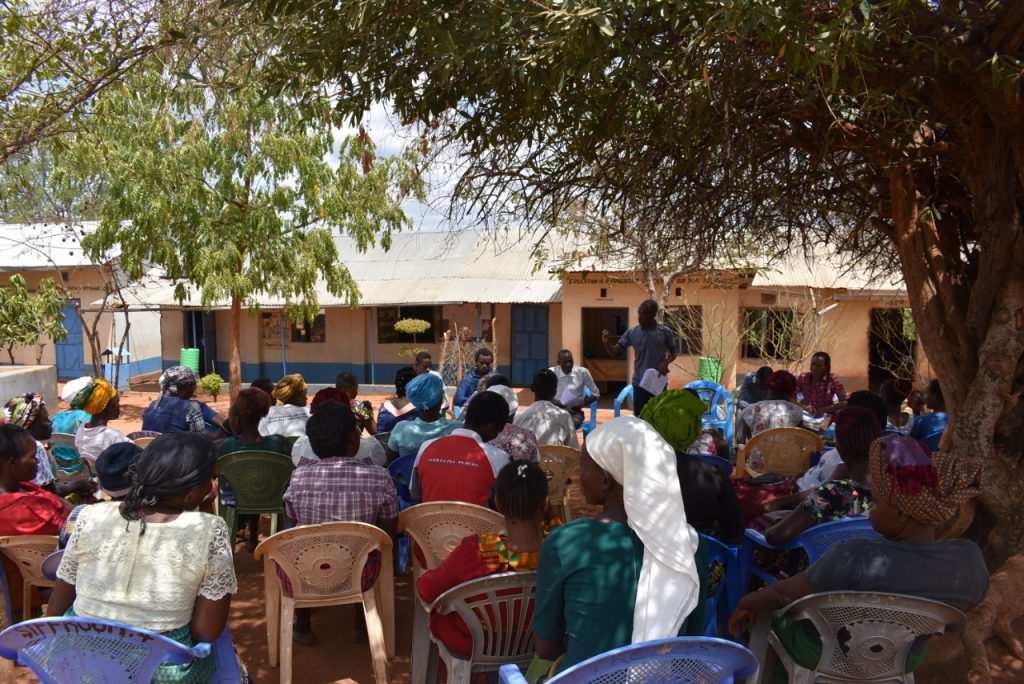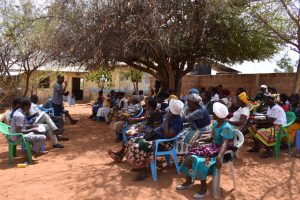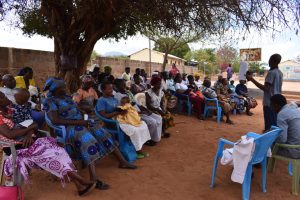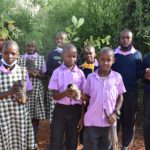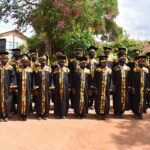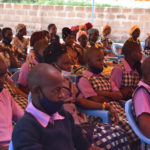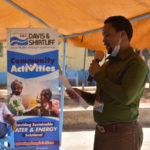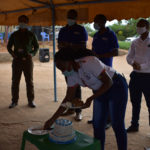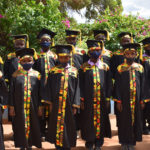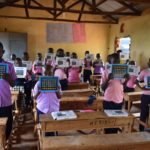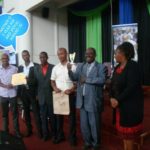COMPETENCY BASED CURRICULUM IS AN IDEAL EPISTEMOLOGY
Tabula rasa (blank slates) is the theory that individuals are born without built-in mental content, and therefore all knowledge comes from experience or perception. Epistemological proponents of tabula rasa disagree with the doctrine of innatism, which holds that the mind is born already in possession of certain knowledge. The Montessori method of education, named after its founder Maria Montessori, is an approach to classroom learning that emphasizes independence and choice. This theory of teaching understands that children have an innate interest to learn and will be able to do so in a suitable environment. Tabula rasa and Maria Montessori’s theory emphasizes importance of the current curriculum.
Practical learning allows you to learn quick adaptations needed for daily challenges and scenarios and allows you to get a better understanding of your course topic. Learning is not attained by chance; it must be sought for with ardour and attended to with diligence. All practical teachers know that education is a patient process of mastery of details, minute by minute, hour by hour, day by day. A boy or girl who has gone through the eight grades should possess a complete, practical education and should have received special training in some specific line of work, fitting him or her to earn a livelihood. Don’t learn to do, but learn in doing. Let your falls not be on a prepared ground, but let them be bona fide falls in the rough and tumble of the world. “I hear, and I forget. I see, and I remember. I do, and I understand.” – Chinese Proverb. It’s okay to try things out, to ask questions, to feel unsure, to let your mind wander, to daydream, to ask for help, to experiment, to take time out, not to know, to practice, to ask for help again – and again, to make mistakes, to check your understanding.
A.I.C Kanzinwa Academy has been in fore front to evangelize the importance of this new curriculum and above all, intensively and skilfully teaching pupils in order to bring about the seven competencies: Communication and collaboration, Critical thinking and problem solving, Imagination and creativity, Citizenship, Learning to learn, Self-efficacy and Digital literacy. An investment in knowledge pays the best interest. Change is the end result of all true learning.
